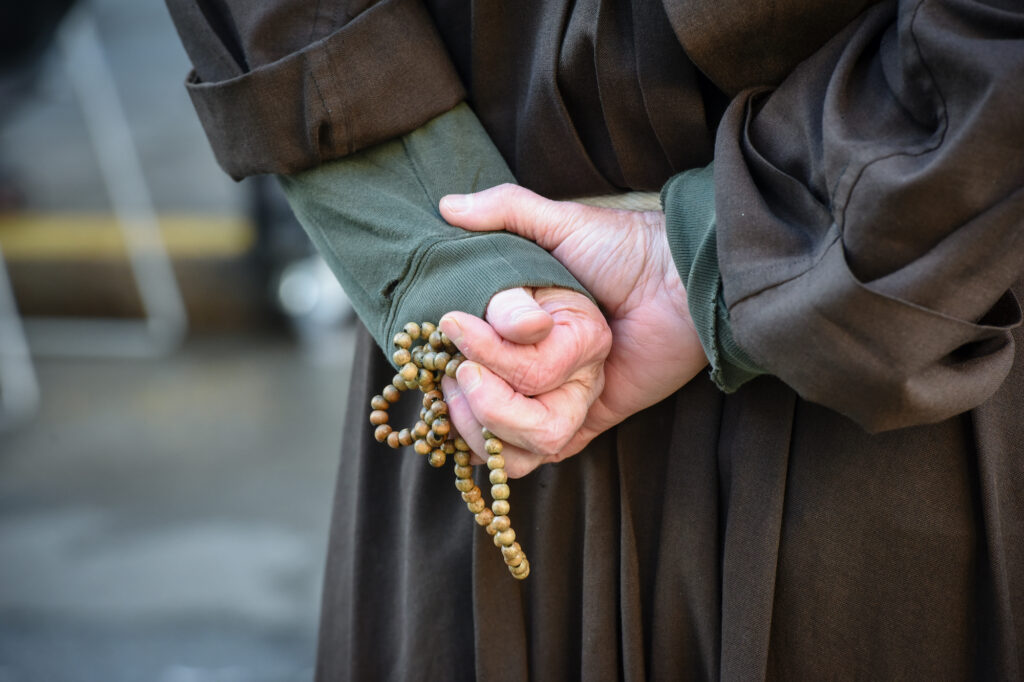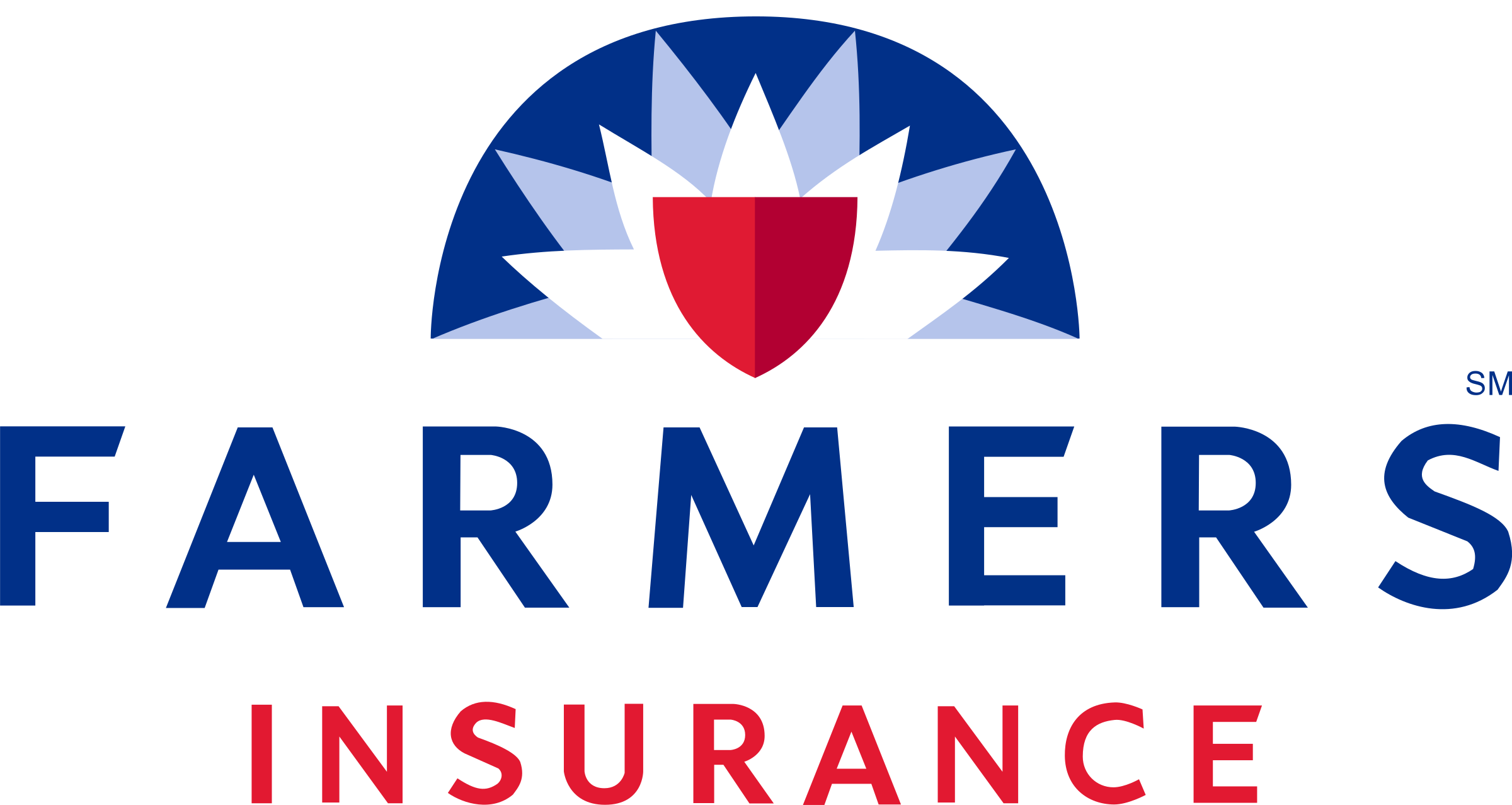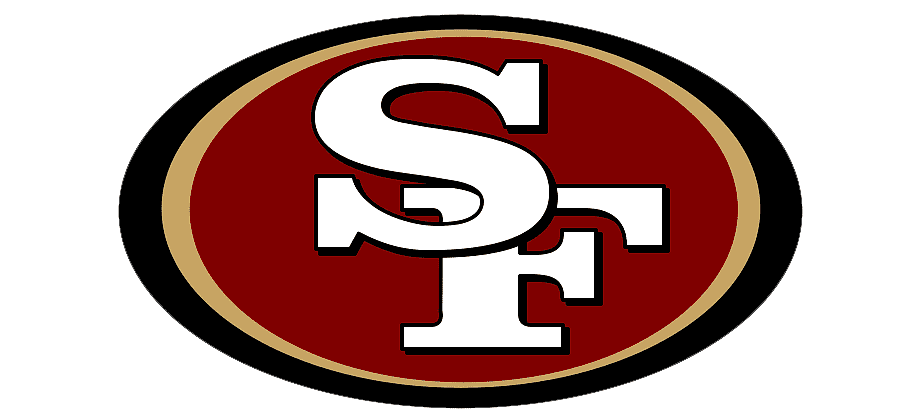A Holy Longing
Dick Tandy, known around St. Anthony’s as “DT,” had lived a few lives before he became a Franciscan friar at age 55. Raised on a cattle ranch in northwest Texas, he figured that ranching was his future and studied animal science at Texas A&M. But the stock market crash of ‘87 derailed that plan, ending three generations of family business.
“That was one of the worst days of my life when I told my grandmother that we had to sell the ranch,” DT remembers.
He rebounded and made a name for himself doing landscape design in Austin. There, DT started attending a church where he was introduced to Catholic thinkers like Richard Rohr, Thomas Keating, and Thomas Merton. Raised Methodist, he felt that Catholicism spoke more to his heart, and he eventually converted.
By that time, he was divorced; when his son left for college and his mother passed, he found himself alone and wondering where to invest his time and energy. Soon, he began volunteering with Mobile Loaves & Fishes, bringing hot drinks and sandwiches to anyone who needed them. Growing up, he felt that people on the street had failed themselves. After spending several nights outside as part of a “street retreat,” he realized that the failure was society’s. Now he was determined to help those experiencing poverty in any way he could.
“Something pulled me to it,” says DT. “I had this holy longing.”

“Something pulled me to it. I had this holy longing.”
A few years later, he followed that holy longing to the Franciscan Covenant Program, which allows lay people to live and work with the friars. The program brought him out to San Francisco, where he spent time at St. Boniface and got to know Father John Hardin, former executive director at St. Anthony’s.
One day, Father John asked if DT had considered joining the Franciscans. He had not; well beyond the cut off age, it wasn’t something he’d even thought was possible. The idea of giving up his belongings and taking a “vow of poverty” was also a bit intimidating. But Father John told him they would make an exception if he was interested. DT should take his time and think it over — and get back to him ASAP.
That Sunday after mass, DT went out to Ocean Beach, where he walked 12 miles up and down the sand. He was scared of giving up control, scared of starting over, unsure of all that a religious life entailed.
As it turned out, he did. DT began formation (official Franciscan training) in 2010. Over the next 6 years, he received a “world class education,” studying theology, philosophy, and psychology. The education extended to his personal life; DT began to practice meditation and underwent a significant amount of psychotherapy, a requirement for novice friars.
“When we know ourselves better, we know God better,” says DT. “When we know God better, we know ourselves better.”
His studies culminated with three years at Mercy Center Burlingame, during which time he worked at St. Anthony’s in Guest Services. After graduating in 2016, he became a chaplain, dedicated to being a spiritual and emotional support system for our staff, our guests, and the community. He is a constant presence on the block, whether serving up free coffee in the morning or handing out chocolates in the afternoon. When tragedy occurs — an overdose, for example — DT is there to pray for the victims and comfort members of our Client Safety Services team, who are often first on the scene. Last year, he took a course in psychological first-aid, learning techniques to mitigate the effects of trauma as soon as it happens.
Much of his job simply involves listening to anyone who needs an ear. His services are confidential: “When you talk to me, it’s like Vegas,” he jokes. But a good listener is hard to find and DT performs this essential duty with patience and compassion — whether in his office or on the street. When people ask how he does it, DT refers them to scripture.
“Jesus said what you do to the least of my brothers and sisters, you have done it to me.”
This is the idea at the heart of the Franciscan message, which asks us to respect the inherent human dignity of everyone we meet. To that end, there is a story DT likes to tell about St. Francis, founder of the order, protector of animals, and patron saint of our City. In the story, St. Francis is outside his house late one night looking up at the stars. And he says, ‘If this is the fingerprint of the creator, what must the creator be like?’
Or, as DT interprets it: “The way Francis sees it, we’re all fingerprints of God.













































